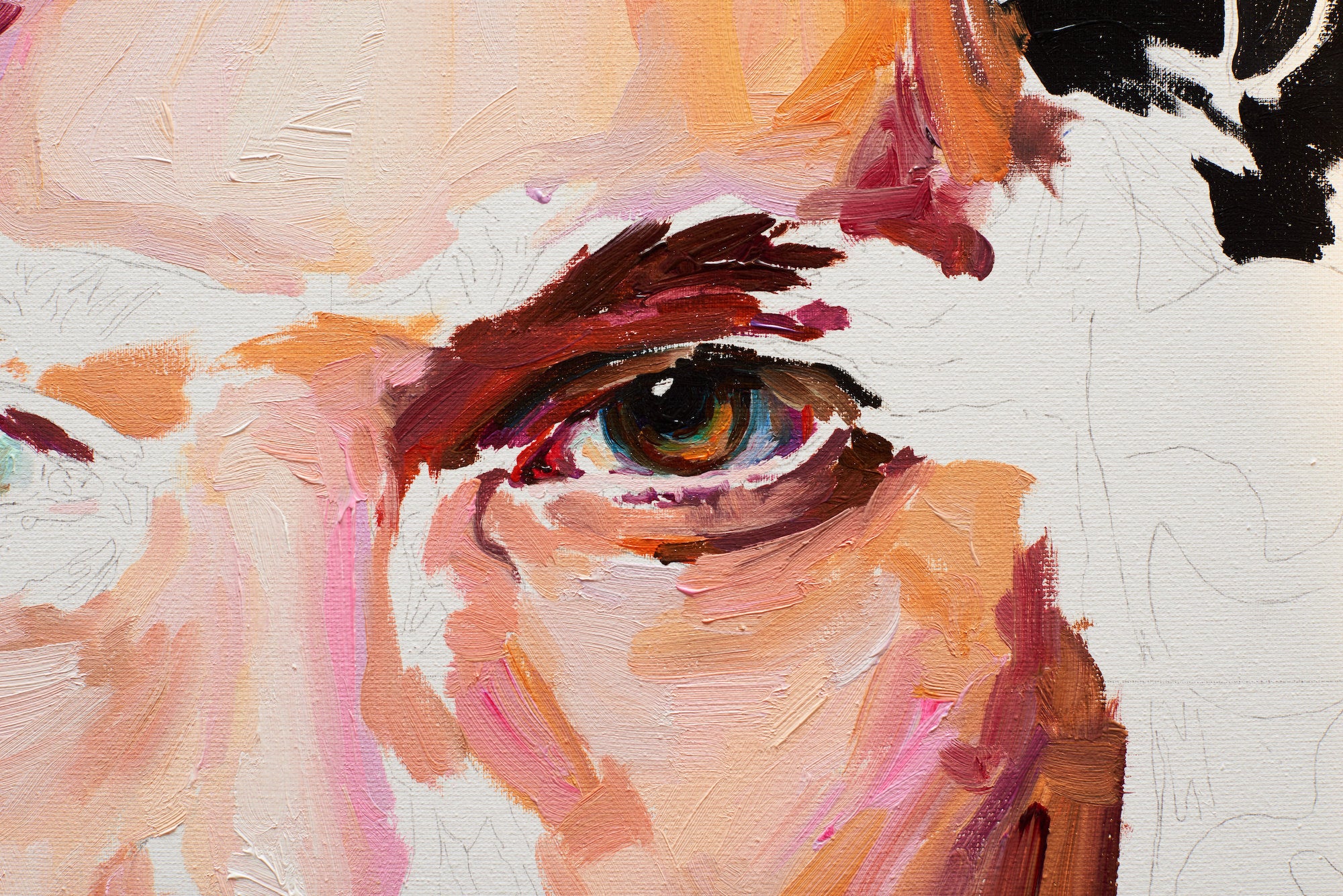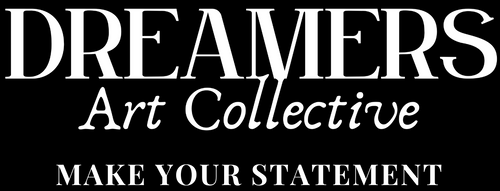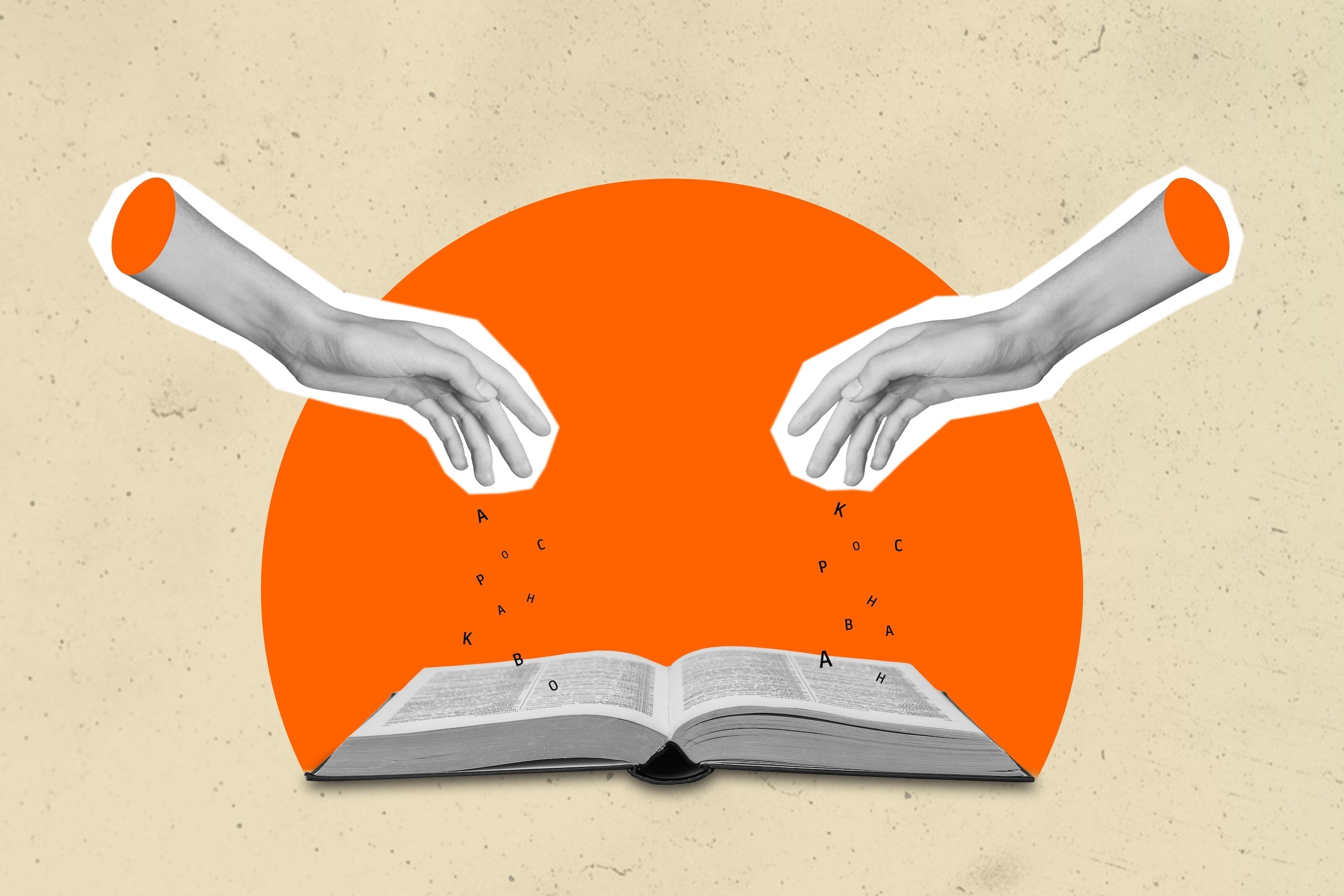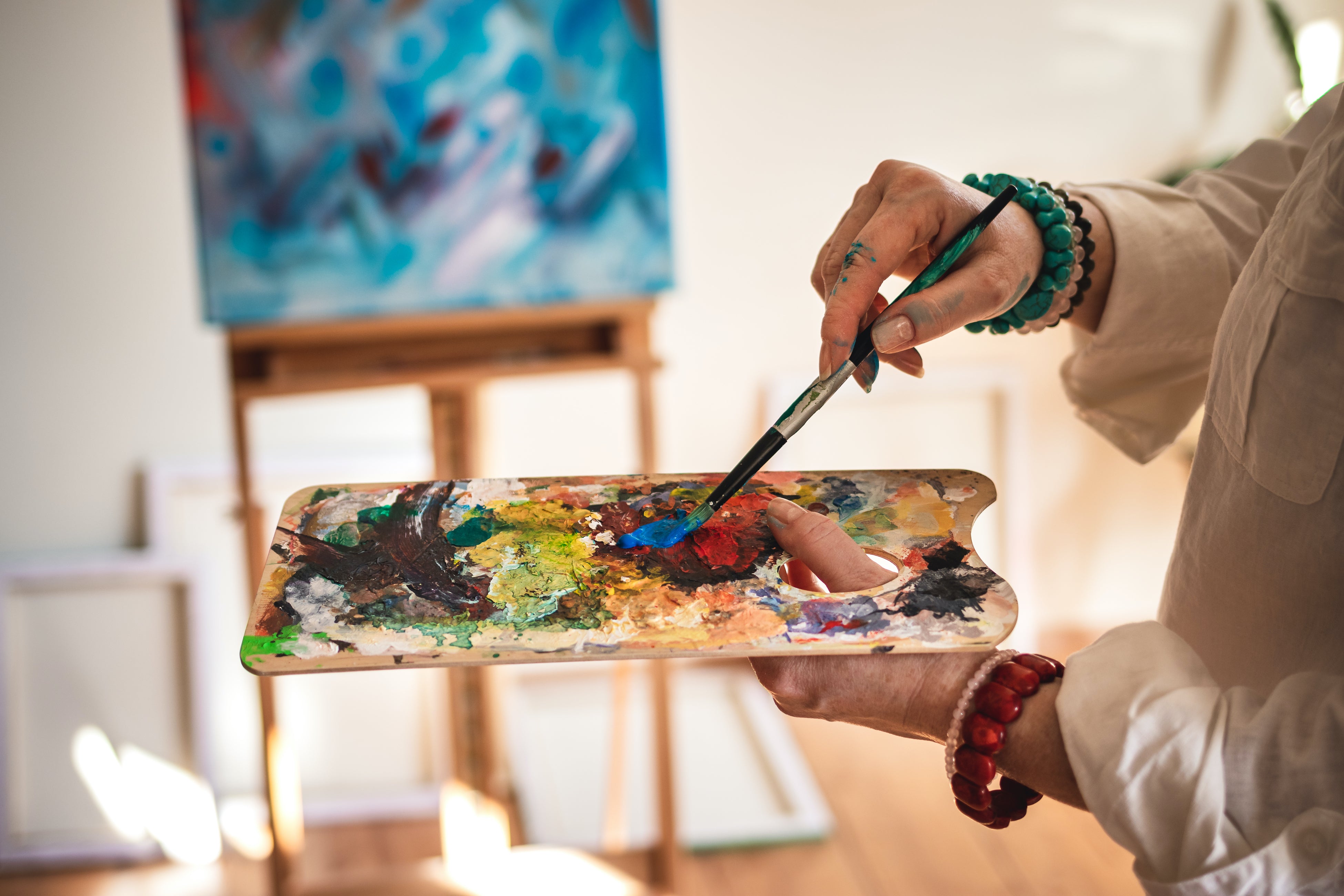How to Enhance Your Artistic Abilities with Tried and True Tips from Successful Artists

It takes time, patience, practice, and dedication to improve your artistic abilities, but the process can be gratifying and meaningful. To grow and become a better artist, it's critical to always learn new things and broaden your skill set. Here are some pointers on how to go about doing that:
- Practice regularly: Start by practicing frequently, even if it's only for a little while each day. You will get better the more you practice. Make time for your art every day or every week, and make an effort to keep to a regular routine. attempt to get beyond of your comfort zone and attempt new things during this period.This will assist you in honing your abilities and technique.
- Experiment: Try a variety of mediums and materials to see what you enjoy working with and what comes naturally to you. Try experimenting with different looks and methods without fear. This can assist you in honing your abilities and determining what suits you the most.
- Share your art: Whether online or in person, join an artistic community to share your work, receive criticism, and gain knowledge from others. The artists at DAC work together to encourage one another in any artistic pursuits you may have.
- Take classes or workshops: Take lessons or attend seminars to learn new methods and obtain a fresh perspective on your art. This can also be a terrific opportunity to meet and exchange ideas with other artists. Learning from skilled instructors and meeting other artists who can provide valuable comments and encouragement can be extremely beneficial in your pursuit of developing your talents.
- Find a mentor: Having a mentor can be very beneficial in terms of boosting your artistic abilities. Look for an experienced artist who can guide and critique your work. Most artists use quite different techniques, so having a second viewpoint can help you discover new techniques to apply to your own artwork.
- Look for inspiration: Look for art that inspires you, whether in galleries, online, or in books. Consider studying the work of other artists to understand how they approached their art. You can also learn more about the artist's approach and techniques by attending artist seminars or lectures.
- Learn from others: Look to other artists for ideas and inspiration. Follow artists you admire on social media, go to art shows and exhibitions, and learn about other artists and their skills.
- Set goals: To stay motivated and focused, set SMART goals for yourself and track your progress. Specific, Measurable, Achievable, Relevant, and Time-Bound are acronyms for Specific, Measurable, Achievable, Relevant, and Time-Bound. Setting artistic goals allows you to look back at prior pieces and see your progress, which is very rewarding and inspiring. You can identify areas where you need to improve or where you are having difficulty, which will allow you to focus on specific abilities or strategies to work on.
- Keep a sketchbook: A sketchbook is an excellent location to experiment with new ideas and approaches. It can also be a useful resource to refer to when creating a new piece. It can be used to scribble ideas, draw, and practice techniques. It's also a terrific method to see how far you've come and track your development.
- Don't be afraid to make mistakes: Mistakes are an inevitable aspect of the creative process, so don't be scared to make them. Don't let them discourage you; instead, see them as a chance to learn and grow. When it comes to art, there are no mistakes, only discoveries. "Creativity is allowing yourself to make mistakes, Art is knowing which ones to keep" - Scott Adams.
- Keep an open mind: Be receptive to new ideas and methods to your craft. This can help you develop as an artist and find new methods to express yourself. Don't be scared to attempt new things or step outside of your comfort zone. Allow constructive criticism to help you improve your talents and evolve as an artist.
Remember that honing your artistic abilities is a process, not a destination. It takes time, commitment, and hard work, but the rewards can be well worth the effort. You can continue to enhance your art knowledge and talents as an artist by applying these tips. Remember to be patient with yourself and enjoy the process - art should be joyful and rewarding rather than stressful.
Improving your artistic abilities requires time and patience, but by following these guidelines and remaining committed to your work, you can make considerable improvement. Don't be hesitant to try new things, ask for advice, and keep an open mind as you attempt to better your art.


